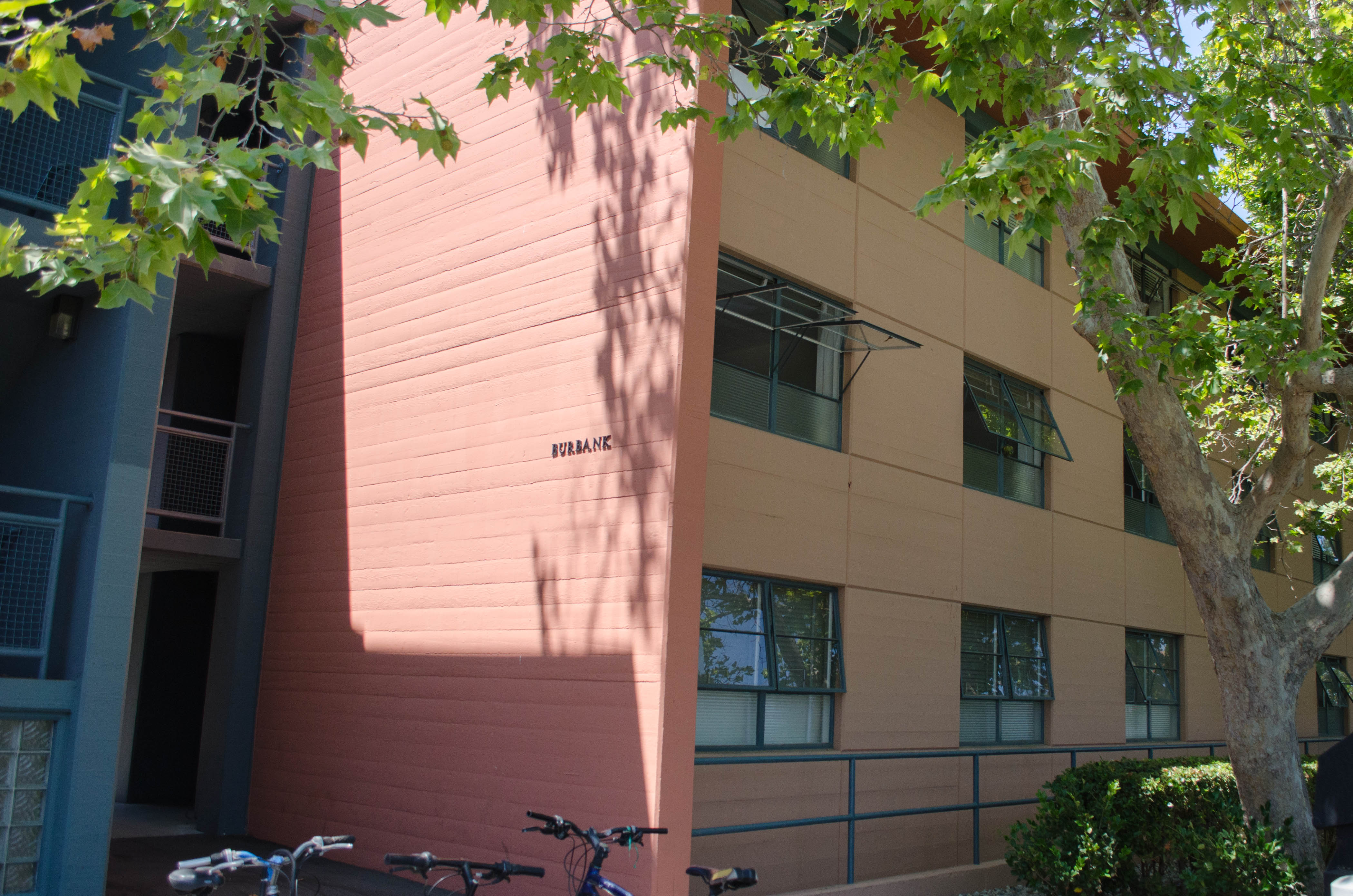Due to low student interest, the Vice Provost for Undergraduate Education will cease to sponsor the Science in the Making Integrated Learning Environment (SIMILE) program at the end of this year.
The future of the program is still unknown, but the current plan is to make SIMILE a part of the Program in the History of Science, Technology, and Medicine, possibly as a series of Introductory Seminars.
SIMILE, which debuted in 2013, is an immersive residential program focused on the history of science, technology and medicine. The program includes lectures, small-group discussions, writing projects, hands on work and experiments, field trips and guest speakers.
According to an email from SIMILE’s instructors, the end of Vice Provost for Undergraduate Education (VPUE) sponsorship was attributed to lower enrollment numbers, which no longer justified the cost per student required to run the program.
Lower enrollment totals may be connected to student dissatisfaction, as some students have expressed disappointment in the academic side of the SIMILE program.
“The description of the program was very much what I was looking for,” said Vicki Niu ’18, a freshman in SIMILE. “However, in hindsight, I would not have applied for the course alone.”
She believes that the course’s failure to meet the expectations of students may have contributed to lower enrollment totals in recent quarters.
“Everyone who signed up for SIMILE was incredibly excited about it,” Niu said. “If the program were more focused, not necessarily on the history of science itself, but the interplay of science and other factors, it would be more engaging… A lot of times our readings didn’t lend themselves well to discussion.”
“I think a lot of people were disappointed that they didn’t get the experience that they wanted and thus dropped the program,” she added.
According to humanities professor Harry Elam, the Vice Provost for Undergraduate Education, the decision to end VPUE sponsorship of SIMILE was directly connected to student interest.
“This year the number of students dropped by about half from the first quarter to the second quarter, so the worry about student interest and what it means to put this amount of resources into a program was palpable,” Elam said.
Despite the program’s end, Elam lauded the people who have worked to make SIMILE a high quality program.
“Some of the things they did in SIMILE were amazing — making connections for students to understand the context of scientific discoveries,” Elam said. “The faculty worked really hard and I commend them. However, this was a pilot… Due to student interest, we would stop the pilot after this year.”
Chair of the history department Paula Findlen, the SIMILE faculty director, explained further that the residence-based SIMILE program was experimental from the beginning.
“From the start, the idea of expanding freshman residential learning was an experiment, and experiments are simply unknown until you try them,” Findlen said.
While SIMILE will no longer be an integrated learning environment (ILE), Elam remains hopeful about its future as a program at Stanford.
“ILEs may not be the forum for SIMILE, but there is not reason the program can’t be an interlinked series of Introductory Seminars, and if fourteen students want to take it, that’s perfect,” Elam said.
According to an email sent by SIMILE professors, current SIMILE students will be involved in guiding the program’s transition.
However, the cancellation of SIMILE as a VPUE-sponsored program still came as a surprise to current students.
Niu said that the current students in SIMILE were not informed beforehand about the cancellation of the program and did not find out about the decision until the end of Winter Quarter.
“I really would have liked to see more engagement between VPUE and current students to drive the conversation in a more constructive way,” Niu said.
Despite the fact that many were disappointed that they didn’t get the experience they wanted and dropped the program, Niu said she would like to see SIMILE continue to exist as an opportunity for freshmen.
“I think the program could be quite important if the focus was shifted to the history of the intersection of science, technology and society rather than simply the history of science,” Niu said.
While the academic side of SIMILE may have been a disappointment to some, the residential community it helped foster has been the subject of widespread praise.
Niu identified living in Burbank as the most enjoyable part of her Stanford experience so far.
“I think the residential community in Burbank is amazing,” Niu said, “I can’t imagine my Stanford experience without it. I’ve found living in a dorm full of passionate people made it worth applying, despite the program.”
“We will miss the conversations over lunch, the field trips, the wonderful group projects and the sense of community a year-long program fosters,” Findlen said.
Contact Zachary Brown at zbrown ‘at’ stanford.edu.
